I had a French teacher called Bernie Fitzpatrick who, when I uttered something stupid, would paraphrase a famous quote “Montgomery, it’s better to remain silent and be thought a fool than to speak and to remove all reasonable doubt.”
He was an excellent teacher. I often think of him spouting those lines when I read Tripadvisor restaurant reviews. There are many people out there who would have benefited enormously from Bernie’s frank advice had it been given at an early age.
I reference Tripadvisor frequently because it is massively influential. It can be incredibly useful. We use it all the time for pointers, but we know how to sort the wheat from the chaff. And there’s an awful lot of chaff.
The thing I dislike is it can be damaging to businesses who work hard and don’t deserve unfair criticism from people who wield their destructive sword of ignorance far too easily.
There are certain types of people who should be prohibited from writing restaurant reviews.
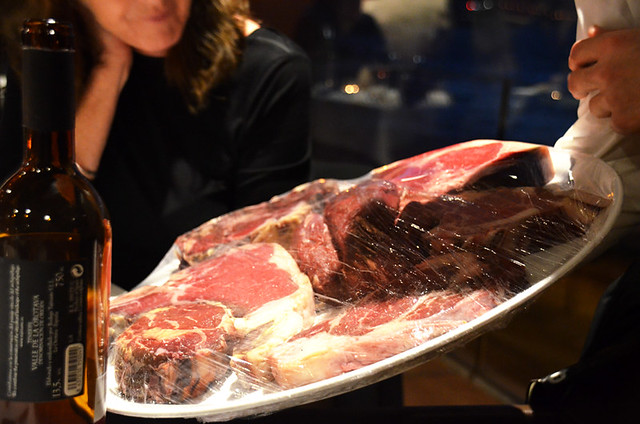
Anyone who orders steak well done
It’s just a no-no. If people want steak well done that’s up to them. But anyone who deliberately orders the skankiest piece of meat from the kitchen shouldn’t be making a public judgement on whether a restaurant’s steak is good or bad.
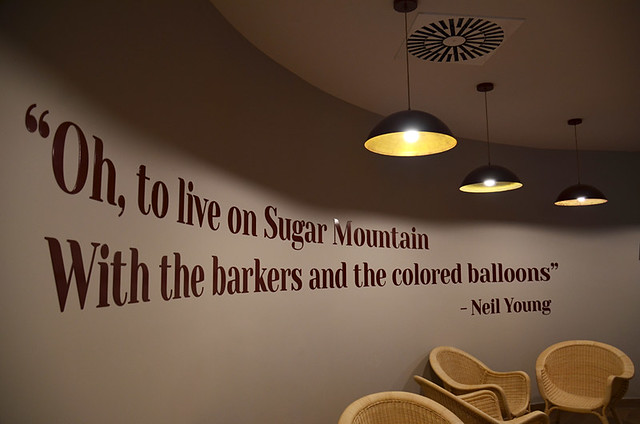
People who haven’t eaten in the restaurant
A pet hate is when reviewers mark restaurants down even though they haven’t actually eaten there, like the group who turned up at a restaurant to be told all the tables were reserved. They were understandably disappointed, but that was no excuse for the one star review they posted – that’s simply childish and peevish behaviour.
Another classic was the couple who planned to eat at a Hard Rock restaurant but aborted because of loud music. Loud music at a Hard Rock venue, who’d have thought?
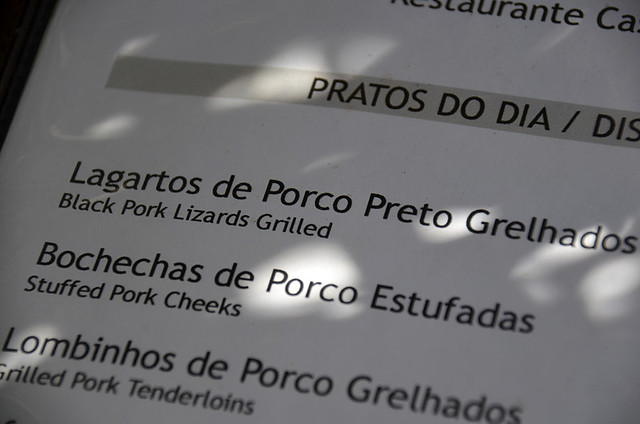
Criticise waiters for not being able to speak their language
Wrong items turning up on the plate due to misunderstandings caused by communicating in a different language is common. We constantly apologise for our inability to speak the language in places where we don’t have a smattering of words. But some Tripadvisor reviewers expect waiters everywhere to be able to speak their lingo, marking restaurants down if they can’t. “Waiters didn’t speak English, what really surprised me in such touristic place” wrote one about a restaurant that wasn’t touristy at all. It’s arrogant and ignorant.

Order burgers in a fish restaurant
It’s perplexing when someone chooses a traditional restaurant, orders a dish that isn’t traditional and writes a bad review when, unsurprisingly, their food isn’t what they expected. This was a reviewer about a traditional Greek taberna – “we ordered burgers. Only came as 2 meat pieces and fries. You can’t call it a burger if it’s not embedded in 2 slices of bread.” There’s an argument it shouldn’t be on the menu if they can’t cook it properly but, hey, if you want a burger go to a restaurant known for burgers.
Then there are people who do order something the restaurant is known for and are surprised by what arrives – “I ordered grilled fish and got a dorada fish with lot of bones.”
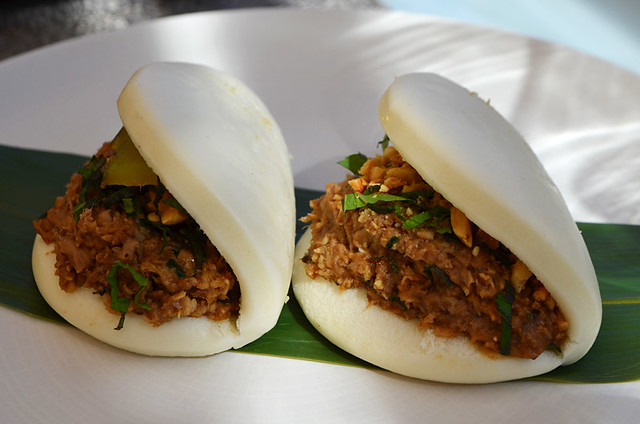
Demand children’s menus in a gourmet restaurant
Nothing wrong with taking children to a restaurant known for its creative cuisine… unless you expect a McDonald’s kiddie-type menu for the children.
“We asked for children menus which they didn’t provide. So the kids ended up having the same Indian style chicken which of course they disliked.” I’m not sure why there was a given children would automatically dislike Indian chicken. If you’ve got fussy offspring, don’t take it out on restaurants. I applauded the Michelin chef in France who simply said “Non! “ when a couple requested different food for their children. “We asked for something special like fries… we were told that this was not the chef’s style!” His defiant stance earned him a one-star review.
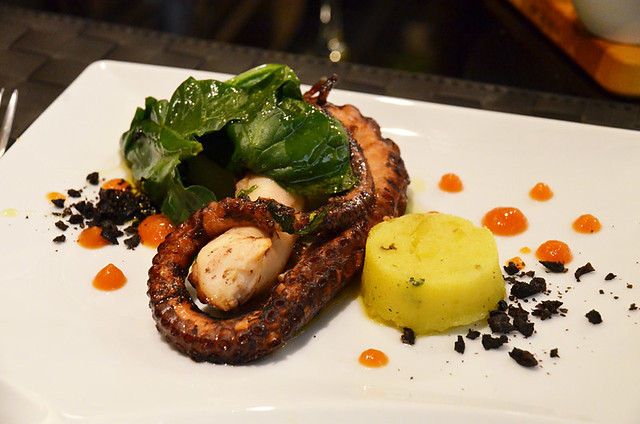
Criticise innovation
The people who are most guilty of this tend to be locals who don’t respond well to traditional dishes being messed around with, like this Athenian who complained “it’s a trial to marry Greek cuisine with the modern one and it’s a mess.” It really wasn’t, as most other reviewers felt. Another example was in a little creative restaurant in Evora – “The menu did not have, in my opinion, enough typical Portuguese options.”
I’ve heard this a lot in various locations around Europe. If you’re a traditionalist stick to traditional restaurants.
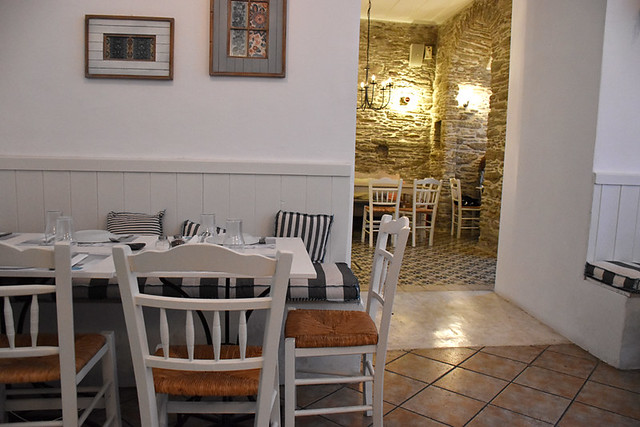
Expect to dine at the same time as at home
I could pick any number of examples of reviews criticising a restaurant for a lack of atmosphere and not having many other diners when reviewers are actually dining at the same early hour as they do in their home country, even though the culinary culture of the location they’re visiting is one of eating late. It’s a factor which rarely occurs to this type of reviewer. Of course the Spanish restaurant is going to be empty at 7pm, locals won’t begin rolling in till after 8.30pm.

Declare somewhere to be the ‘best in…’
I whizz past any review which declares with conviction “this is the best restaurant in…” or “they serve the best paella in… “ It’s a meaningless statement, unless the person making it has actually eaten in every restaurant in the destination they’re referring to. If it’s a small town, maybe they have. Mostly it isn’t. On the other hand, “this is the best restaurant I’ve tried in…” is absolutely fine.
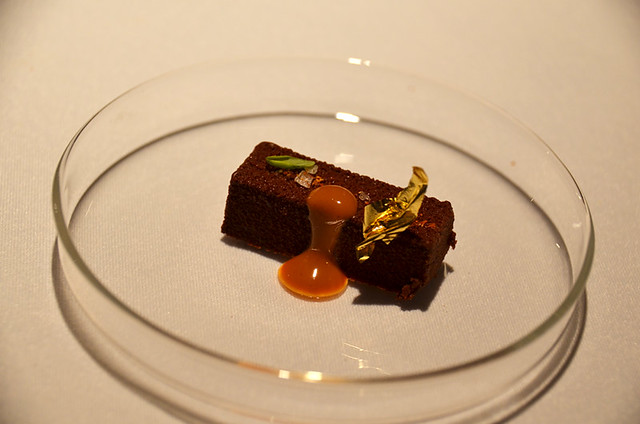
Criticise a restaurant for doing what it says on the label
Often I see creative restaurants marked down because it doesn’t serve the sort of food the reviewer actually likes. Sometimes people choose completely unsuitable restaurants for the wrong reasons, maybe for show value. “Over-elaborate, over-priced and a somewhat pretentious menu.” was one reviewer’s judgement of a standout Michelin star restaurant. A Michelin star restaurant pretentious? Of course it was. I’d be disappointed if it wasn’t. Neither was it over-priced for a Michelin star restaurant, quite the opposite.
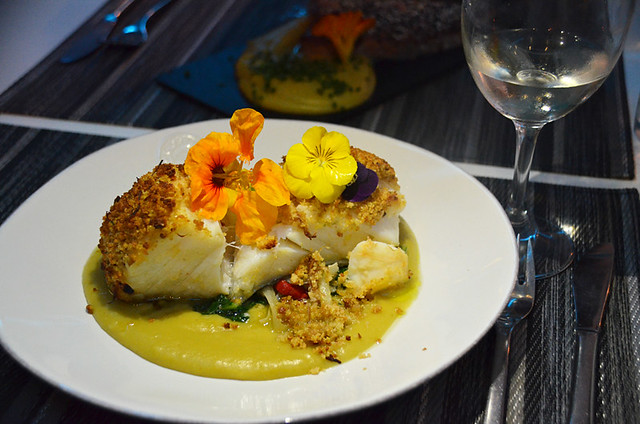
Haven’t researched local cuisine
Another common mistake is reviewers not understanding local dishes, like marking down restaurants for not serving fresh fish when they’ve ordered bacalao in Spain, bacalhau in Portugal, or baccala in Italy; all of which are salt cod. Not knowing what local dishes actually are is understandable, one of the reasons we travel is to learn about the gastronomy. Leaving a bad review when a restaurant serves a traditional dish the way it’s supposed to be prepared isn’t justifiable.

Think they’re Jay Rayner
“… an over abundance of self-proclaimed creative dishes put together with the competency of a toddler attempting to forge a Rembrandt.” Seriously? Honestly, you’re not Jay Rayner. Admittedly it’s a decent turn of phrase and, in truth, some of these type of reviews can be pretty good. Others can be terribly pompous. But the biggest crime is often style over substance. In this case the review was filled with incorrect assumptions; the reviewer’s desire to show their wit more important than the potential harm done to a restaurant where the chef has integrity and passion.
Lots of the above involve travellers not understanding/knowing local ways/food. It’s not always easy to be fully aware of how things work in another country, even when you’ve researched it first. We often take time to get into the groove of any new destination. I’d never criticise anyone for a lack of destination knowledge… until they go public and parade that ignorance like a badge of honour. As soon as someone does that, it’s open season.
To end, here are two of the worst (or maybe best) comments I’ve seen on Tripadvisor restaurant reviews recently.
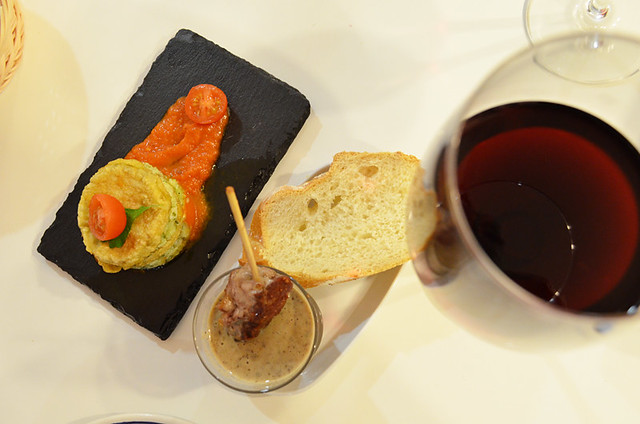
There was the reviewer who marked a restaurant down because the waiter never warned them the food was hot and they subsequently burnt their mouth. Then there’s the person who ordered tapas then gave the restaurant a negative review because “the portions they brought us were tiny.”
When I read reviews like those, Bernie Fitzpatrick’s words come flooding into my mind with a vengeance.




Be the first to comment